Search
Search within
1447 results found
Book chapter
Going home: Land, return and reintegration in Southern Sudan and the Three Areas
The end of the war between the Government of Sudan and the Sudan People’s Liberation Army/Movement in 2005 has generated the return of an estimated 2.4 million IDPs and refugees to Southern Sudan and the three transitional areas (Abyei, Southern…
Research paper
Introducing malaria rapid diagnostic tests at registered drug shops in Uganda: Limitations of diagnostic testing in the reality of diagnosis
In Uganda, around two thirds of medicines are procured from the private sector, mostly from drug shops. The introduction of malaria rapid diagnostic tests (RDTs) at drug shops therefore has the potential to make a significant contribution to targeting antimalarial…
Research paper
Indigenous climate knowledge in southern Uganda: the multiple components of a dynamic regional system
Farmers in southern Uganda seek information to anticipate the interannual variability in the timing and amount of precipitation, a matter of great importance to them since they rely on rain-fed agriculture for food supplies and income. This system of indigenous…
Flexibility in return, reconstruction and livelihoods in displaced villages in Casamance, Senegal
The paper argues that livelihoods research in situations of violent conflict and its aftermath can contribute to geographical understandings of flexibility. Such settings paradoxically demand greater flexibility from economic actors while imposing new and sometimes severe constraints on them to…
Research paper
The anti-politics of health reform: household power relations and child health in rural Senegal
This article employs ethnographic evidence from rural Senegal to explore two dimensions of health sector reform. First, it makes the case that health reforms intersect with and exacerbate existing social, political, and economic inequalities. Second, the article explores how liberal…
Research paper
Gendered War and Rumors of Saddam Hussein in Uganda
This article discusses the role of rumors in everyday Acholi life in war-torn northern Uganda. These rumors concern various health threats such as HIV and Ebola. The rumors are closely associated with the forces of domination that are alleged to…
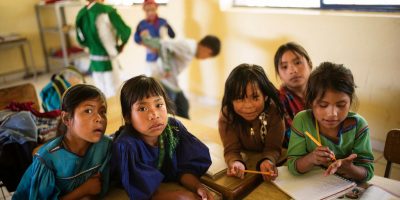
Evidence review
Access to Conventional Schooling for Children and Young People Affected by HIV and AIDS in sub-Saharan Africa: A Cross-National Review of Recent Research Evidence
This paper examines the evidence on access to conventional schooling for children and young people affected by HIV and AIDS in sub-Saharan Africa and makes recommendations for the further development of the SOFIE Project. The findings reveal the highly complex…
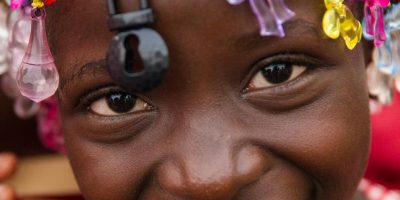
Background report
Epidemics for All? Governing Health in a Global Age
Current global health policy is dominated by a preoccupation with infectious diseases and in particular with emerging or re-emerging infectious diseases that threaten to ‘break out’ of established patterns of prevalence or virulence into new areas and new victims. This…
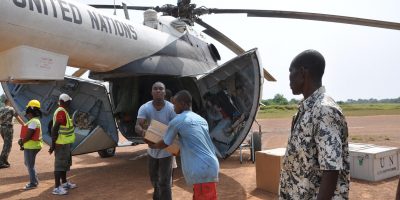
Background report
The International Response to Highly Pathogenic Avian Influenza: Science, Policy and Politics
Over the last decade, the avian influenza virus, H5N1, has spread across most of Asia and Europe and parts of Africa. In some countries – including Indonesia, China, Vietnam, Bangladesh, Nigeria and Egypt – the avian disease has probably become…
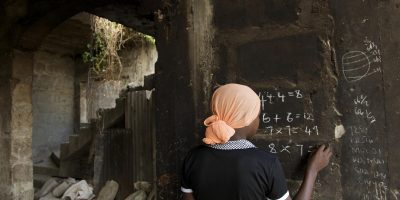
Briefing
Myths and Realities in Disaster Situations
In this resource, the World Health Organization debunk common myths relating to disaster situations and suggest further reading.

Background report
Haemorrhagic Fevers in Africa: Narratives, Politics and Pathways of Disease and Response
Outbreak narratives have justified rapid and sometimes draconian international policy responses and control measures. Yet there is a variety of other ways of framing haemorrhagic fevers. There present different views concerning who is at risk, and how? Is the ‘system’…
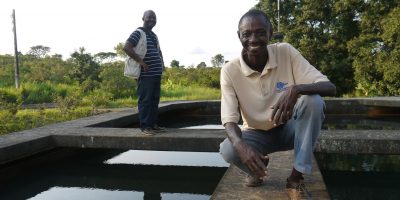
Background report
Seasonality of Cholera from 1974 to 2005: A Review of Global Patterns
The seasonality of cholera is described in various study areas throughout the world. However, no study examines how temporal cycles of the disease vary around the world or reviews its hypothesized causes. This paper reviews the literature on the seasonality…


